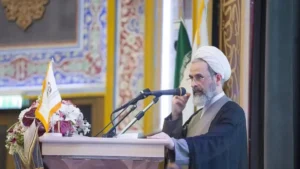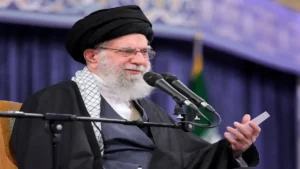On October 21, Pakistan enacted the Constitution (26th Amendment) Act, 2024, limiting the Chief Justice’s tenure to three years and establishing a special commission for appointing the top judge from three senior-most Supreme Court judges. The amendment received President Asif Ali Zardari’s assent after being passed by both Houses of Parliament amid strong opposition from the Pakistan Tehreek-e-Insaf (PTI) party, led by former Prime Minister Imran Khan. This legislation prevents Justice Masoor Ali Shah from succeeding current Chief Justice Qazi Faez Isa, who is set to retire on October 25.
Legislative Process and Controversy
The amendment was approved with a two-thirds majority in the Senate and passed by the National Assembly, garnering 225 votes out of 336. The opposition criticized the move, alleging it undermines the judiciary’s independence, as the ruling coalition effectively blocks the senior-most judge from automatically becoming Chief Justice upon retirement.
Government’s Justification
Law Minister Azam Nazeer Tarar stated that the new commission, comprising the Chief Justice, four senior-most judges, two senators, and two National Assembly members, aims to expedite justice in the Supreme Court. Prime Minister Shehbaz Sharif described the amendment as a demonstration of national solidarity and consensus.
Opposition’s Response
PTI leaders condemned the amendment, claiming it compromises judicial independence by transferring judicial appointment powers to the government. PTI senator Ali Zafar argued that coercion was used to secure votes, reflecting a broader issue of political pressure on parliamentarians. Bilawal Bhutto-Zardari from the Pakistan People’s Party insisted on the necessity of the amendment despite opposition protests, highlighting the ongoing tensions between the government and PTI regarding judicial reforms.




 Iran Names Ayatollah Alireza Arafi as Te...
Iran Names Ayatollah Alireza Arafi as Te...
 Iran’s Supreme Leader Ayatollah Ali Kham...
Iran’s Supreme Leader Ayatollah Ali Kham...
 UAE Launches World’s First Sovereign Fin...
UAE Launches World’s First Sovereign Fin...








